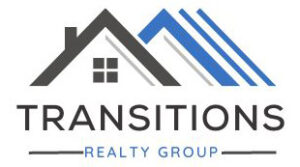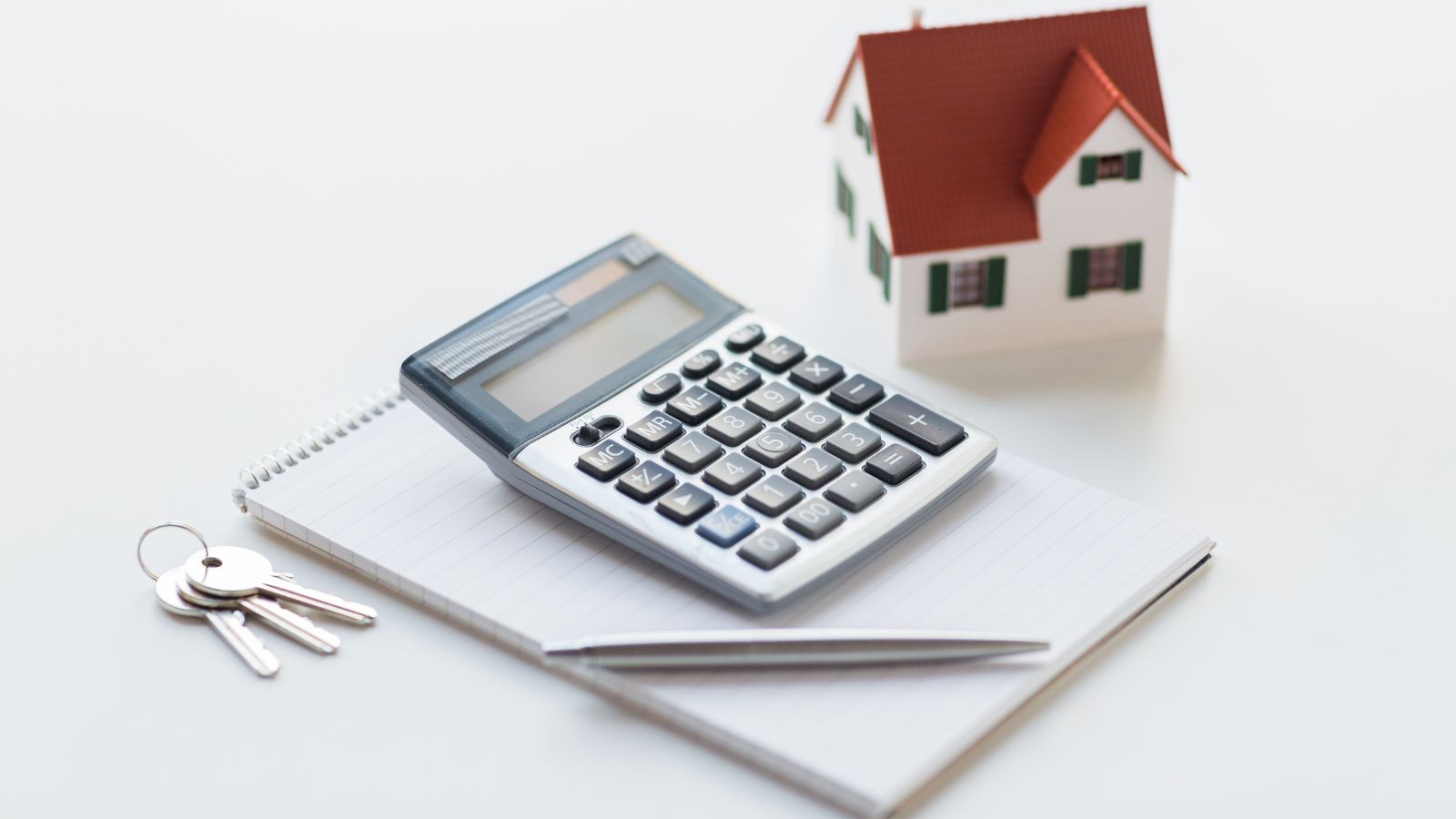When selling your home, you must know the closing costs involved. These costs can vary depending on your location and the sale price of your home, but typically they amount to several thousand dollars. Learn more about what these costs are and how to prepare for them.
What are Closing Costs for Sellers?
When selling your home, you can expect to incur various costs, including real estate agent fees, home staging costs, and repairs. In addition, many “closing costs” must be paid to finalize the sale. These include title insurance, land transfer taxes, and legal fees.
Closing costs can vary considerably depending on the location and property type you’re selling, so it’s important to do your research in advance. However, understanding these costs and budgeting accordingly can help ensure a smooth and successful sale.
How Much are Closing Costs for Sellers?
The amount you’ll pay in closing costs as a seller will depend on several factors, including the sale price of your home, the location, and property type. In general, closing costs amount to several thousand dollars, so you’ll want to price your house for sale accordingly. Your real estate agent can help you do this.
When are Seller Closing Costs Due?
How to Prepare for Closing Costs as a Seller
The best way to prepare for closing costs is to speak to your real estate agent and clearly understand what to expect. You should also budget for these costs when pricing your home for sale.
Here are Some of the Most Common Closing Costs for Sellers
Real estate agent commission: Agent commissions are typically a percentage of the final sale price and are paid to your real estate agent for their services.
Real estate attorney: Many states (but not all!) require the use of a real estate attorney when completing a home sale. Their fees can vary but are typically a few hundred dollars.
Balance on your mortgage: If you have a mortgage on your home, you’ll need to pay this off before selling.
Home equity loan: If you have a home equity loan, you’ll need to pay this off as well.
Repairs: Depending on the current condition of your home, you might need to make some repairs before listing it for sale.
Home staging costs: If you plan on staging your home to appeal to buyers, you’ll need to cover the costs of getting your home in its best condition.
Transfer taxes: When the title of your home is transferred to the new owner, you may be required to pay taxes on the sale.
Title insurance: This insurance protects both the buyer and the lender from any potential issues with the title to your home.
Escrow fees: Escrow fees are paid to the escrow company handling the sale of your home. They typically range from a few hundred to a few thousand dollars.
Wire fees: You may be charged fees for wiring the funds from the sale.
Buyers Have Closing Costs, Too
The homebuyers closing on your property have an extensive list of buyer closing costs, including loan application fees, origination fees, underwriting fees, home inspection, appraisal, and more. This is relevant to you because there’s a chance the buyer may try to negotiate for you to pay part or all of their closing costs from the proceeds of your sale.
In a buyer’s market, you might find yourself motivated to sell, making sense to negotiate these terms. However, in a seller’s market where you’ve got plenty of interested buyers, you may not need to agree to that contingency.
How to Reduce Seller Closing Costs
When you’re selling your home, there are a lot of costs to consider – from the real estate agent’s commission to the cost of repairs and upgrades. Closing costs can also add up, so it’s vital to be aware of ways to reduce them. Here are a few suggestions:
- Ask your real estate agent if they offer a reduced commission for buyers who also use their services to purchase their next home.
- If you’re paying for repairs or upgrades, ask for a discounted rate from contractors who have worked with you.
- If you’re using the same lender that provided your mortgage, they may offer a discount on closing costs.
- Shop around for title insurance providers and compare rates.
- See if your state offers programs to help with closing costs.
You can save hundreds or even thousands of dollars in closing costs by doing your research and shopping around.
Talk to Your Real Estate Agent About Seller Closing Costs
Listing your house for sale can be stressful, but working with a real estate agent can help make the process go more smoothly.
One of the things your agent can help you with is estimating seller closing costs. These are the costs that you, the seller, will need to pay at the time of closing, and they can vary depending on several factors.
Your agent will be able to tell you what similar homes in your area have sold for and what common closing costs are in your area. In addition, your agent will have industry tips and tricks to help you reduce closing costs.
For example, many sellers can negotiate with buyers to have them cover some or all of the closing costs. Talking to your real estate agent is a good place to start if you’re unsure what you might pay in seller closing costs.


